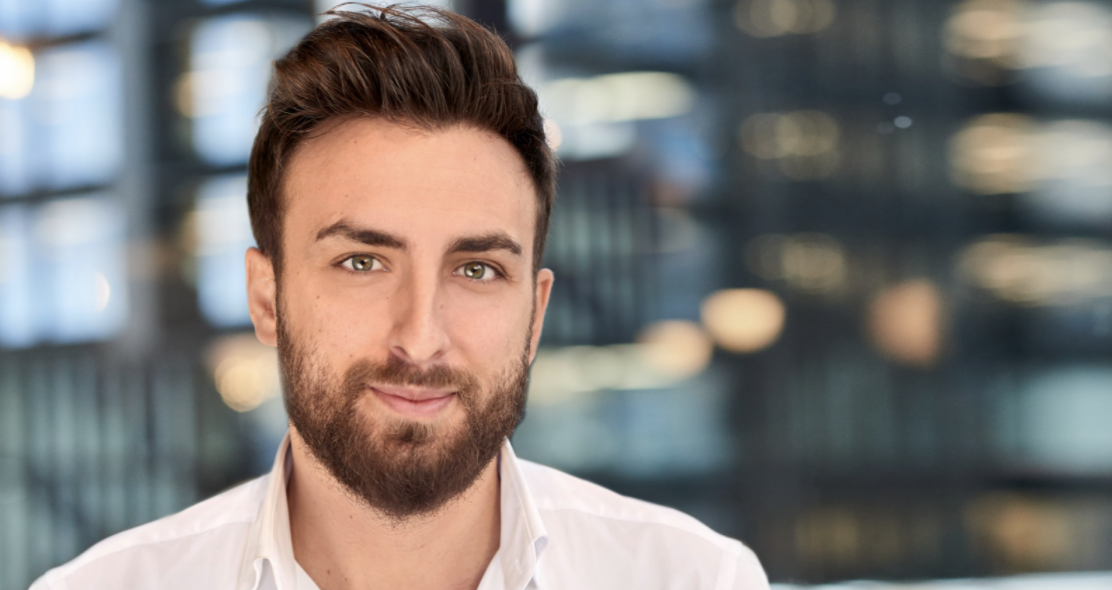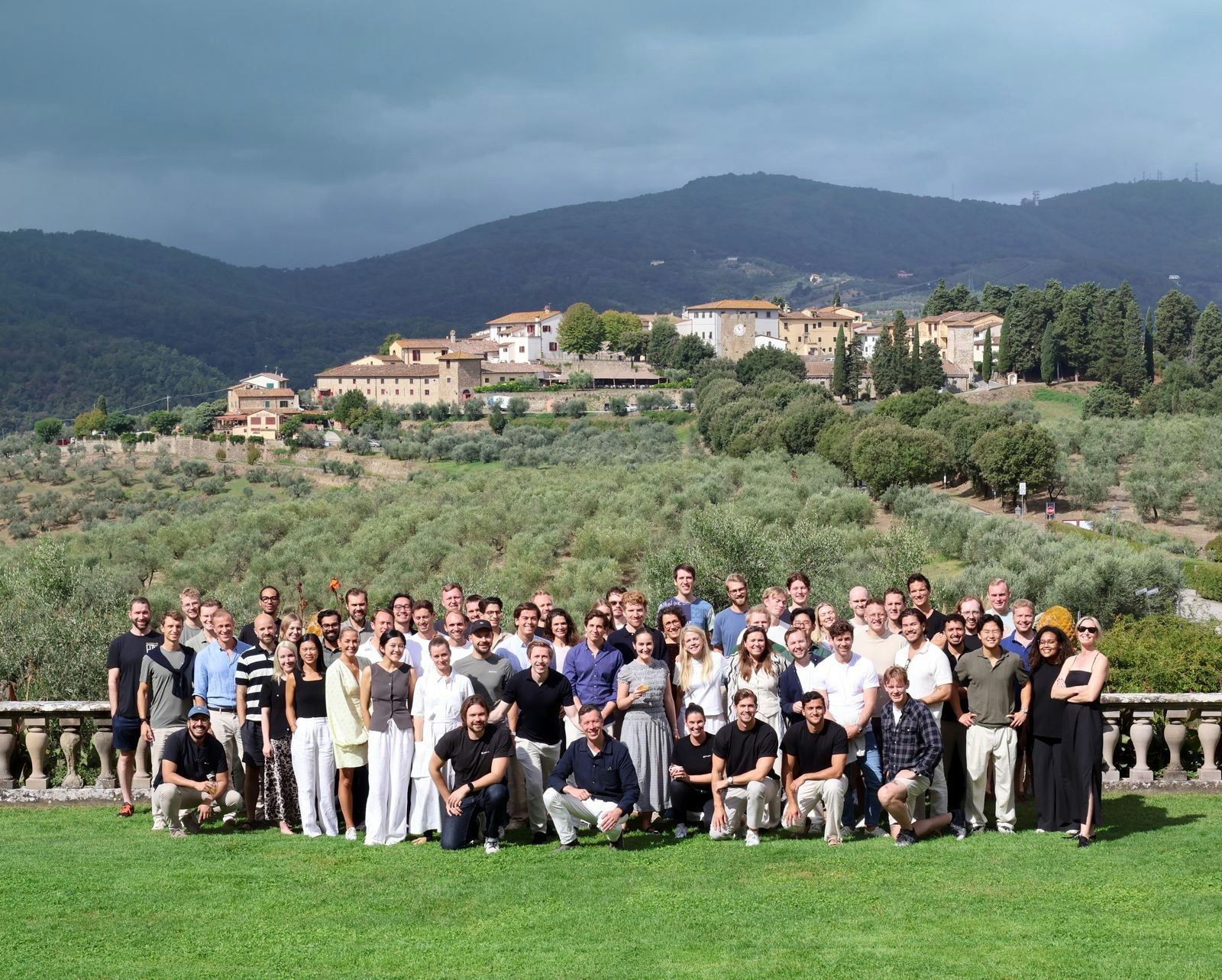UK-based healthtech Doccla has secured a £35m Series B, led by European VC Lakestar, with new investors French VC Elaia and existing investors General Catalyst, Speedinvest and the investment leg of German media company Bertelsmann also participating.
Having almost quadrupled its annual revenue in 2023, it's planning its expansion in DACH and France, and says its German and French investors will help its international growth plans.
The startup, founded in 2019, makes “virtual ward” technology for healthcare providers. It allows clinicians to monitor patients at home, by providing them with devices to measure health factors like blood pressure and heart rate.
Doccla has become the largest virtual ward provider for the UK’s National Health Service (NHS). In December 2023, it signed its first contract with a German hospital and, in June, it partnered with Ireland’s Health Service Executive (HSE).
Doccla’s founder and chair Martin Ratz tells Sifted that the company has its sights set on France, partly due to a change in the healthcare system that makes it easier to receive compensation for remote monitoring of patients.
“With the new compensation system in France (similar to that in the US), there are specific codes for remote monitoring which will facilitate the financials tremendously, and for us, it’s a huge opportunity to scale,” says Ratz.
The virtual A&E
Sweden-founded Doccla entered the UK with a pilot project for a virtual ward in 2020, and the timing of the pandemic meant that the company was off to a flying start. It has since then grown its customer base to 10 countries in Europe. Monitoring patients at home, instead of in an overcrowded emergency department at a hospital, has not only meant that hospitals can better manage the patients they have in-house, but also cut costs.
According to a recent study funded by the NHS, by implementing Doccla, regional NHS departments have experienced a 63% reduction in A&E attendance while enjoying a 300% return on investment.
Patients signed over to Doccla from hospitals are monitored around the clock using hardware, software and virtual care, which allow medical staff to access patient data in real-time and pre-emptively flag concerns, triggering in-person appointments before issues escalate.
So far Doccla has monitored over 4m patient days with over 95% patient compliance. Today the company says it’s adding 1k new patients every month.
“Over time, we want to onboard 100k new patients on a monthly basis,” Ratz says.
Partnering with pharma
Doccla has also recently started conversations with large pharmaceutical companies to deliver clinical data for use in clinical trials. According to Ratz, what pharma companies often struggle with is recruiting patients, as well as compliance (patients taking their drugs when they should).
“We have a compliance rate of 92-97% for our patients, those are sky-high numbers,” Ratz says. “This is because we are in very close contact with our patients.”
Doccla says it’s interested in pharma partnerships for two main reasons. The first is that providing clinical data is very close to what Doccla already provides to public health providers. The second is that Ratz says he’s seen software companies, like UK-based Huma and US-based Biofourmis, run such partnerships this successfully.
With 180 employees, with around 40 of them clinicians, the company now wants to grow its data science team, which today only consists of a few people. By using the data it collects from patients, and combining it with conversations between patients and the care team, Ratz believes Doccla can improve on the service the patients receive and become more preventative in its care.
In one region in the UK, Doccla has taken over 500 patients who have been in and out of hospital for a long time, to monitor them in a more preventative way.
“We can in a proactive way decrease the number of hospital visits — in this case, we decreased them by 63% which is a huge saving for society,” Ratz says.
Doccla has raised a total of £52m to date.
In October of last year, Ratz was the largest shareholder with 35% of the shares, followed by General Catalyst at 26%, Dag Larsson (CEO and cofounder) at 15%, Giant Ventures at 9% and Speedinvest at 11%, according to UK Companies House.



